Stressed out trying to merely complete all the homework she had received that night, real Lovejoy student Jane* completely forgot about the quiz she had the next day. Utterly unprepared for the quiz, Jane decided it would be easier to just cheat.
Her motivation for cheating: her own hatred of failing and fear of her parents seeing a bad quiz grade in PowerSchool. And while the teacher caught her, there are countless other instances of cheating occurring within the district that go totally unnoticed.
High school students are infamous for procrastinating on completing their homework and studying for tests, bringing about late-night studying sessions (sometimes even all-nighters) and pre-test cramming. However, students are also notorious for using the time they could be using to study, on trying to figure out new and ingenious ways to cheat.
“Students are smart and intelligent,” assistant principal Bruce Coachman said. “They’re very sharp and resourceful in coming up with new ways to cheat.”
Yet cheating is not a black and white issue, as it is instead colored with many shades of gray.
“There’s no hard data that can suggest how much cheating occurs, because it depends on what you think cheating actually is,” Coachman said. “A lot of time students don’t think that copying homework is cheating, and I’m not real certain that students think that getting help from other students outside of school and not doing their own work is cheating.”
Some students, however, believe cheating is only occurring if one does not fully comprehend the information being copied.
“If you understand what you’re doing and you just need to copy the work then it’s not cheating, but if you don’t understand it, then it counts as cheating,” junior Alex Pages said. “But cheating can also be when someone’s looking at someone else’s paper during a test or they’re sharing answers. But talking about a test afterwards isn’t cheating, as long as you don’t talk about specific answers.”
The ambiguity concerning cheating could be a result of the progressively competitive nature of college admissions that has greatly enhanced the emphasis placed on grades and class rank. According to a survey done with 12,000 high students by the Josephson Institute of Ethics, 74% of students admitted to cheating on at least one exam not to pass, but to get a higher grade.
In the past, students would often cheat simply to pass a course. However, now that already high-achieving students feel cheating is necessary for them to get ahead, this problem has become more and more prevalent in advanced courses.
“[Students cheat because of] grade pressure. In AP, you get the bump in GPA and have the extra pressure of trying to make an A in a harder class,” AP world history teacher Kevin Finn said. “Some students will try and take shortcuts to get the A to raise their grade those extra couple points, because they realize it will help their GPA and hopefully their college applications.”
Even though advanced placement courses involve a more rigorous course load, not all students are willing to put in the extra work to succeed.
“I think it varies student to student. It’s not so much the course as much as the seriousness of the student,” AP Calculus teacher Keith Christian said.
Nevertheless, students have uncovered ways to attain high grades without putting in the work. One example found on campus this year involves AP U.S. History. Students were purchasing old tests from students or siblings who had completed the class in previous years.
“I got the answers to the test from someone who took the same course last year for $20. The students I got the answers from had done it the year before,” an anonymous student said. “Like half the grade was doing the same thing last year, too, so it was pretty easy to get the answers.”
According to some students, the buying and selling of old course materials was the result of a casual comment at lunch being taken literally. Allegedly, a junior had taken their siblings notebook from last year, and after joking that they should make copies and sell the answers, various students later asked if the test was indeed for sale.
Not only were all the answers to quizzes and tests being taken, both knowingly and unknowingly, from previous students and siblings, but other students who wanted a ‘discounted’ price, only received part of the information.
“I paid someone a couple dollars to tell me exactly what to study for the test. They gave me a list of questions, and before the test I went and looked up the answers myself,” an anonymous student said. “I don’t think it was cheating, because all I was doing was paying someone to tutor me on what was the most important information to learn. I had to study and find the answers myself, which means I wasn’t using someone else’s work.”
Due to the number of students with quizzes and tests to sell, prices varied between sellers, as well as the kinds of information available for the price.
“I said I would pay them $3, but I never did. I don’t think that they’ve realized I haven’t paid them yet,” an anonymous student said. “Everyone was doing it, so I think they just forgot.”
Other students claim they weren’t cheating- they were merely helping a friend study.
“Someone came over to my house one night and asked to see a quiz, and so I just let him look at it. I definitely wasn’t selling it to anyone, though,” an anonymous student said.
‘Helping’ younger students ‘study’ for tests and/or outright selling them old course materials, has been going on for longer than originally assumed. Graduated students and seniors were involved in nearly the same situation last year.
“Last year, I probably spent over a hundred dollars on course work. I ended up with a really high grade both semesters without even trying, so it was worth it,” an anonymous student said. “This year, I’m selling the tests for more than I bought them last year, so that I can make my money back plus some.”
However, what is a money making scheme for some students is an unfair advantage to others. And sooner or later, teachers usually catch on.
“I had already had my suspicions that students were cheating. I had a couple of students that by their quizzes and their daily work shouldn’t have been getting better grades than my best students. They were getting 92s, 94s, and 96s without the added points,” AP U.S. History teacher John Conner said.
Regardless of how students were able to illegitimately attain these higher grades, several honest students are annoyed with the situation.
“It definitely makes me angry because you do a lot of work for a good grade on the test, and then there’s the people that just blow it off and don’t do any work but still get a better grade,” junior Alex Pages said.
Some of the students’ frustration is due to the perceived simplicity of solving the problem.
“[Teachers] should change the tests and make them different from last year’s,” junior Bryce Anderson said.
Yet these students disregard the teachers’ rationale behind their actions.
“There are a limited number of questions my class has available,” Finn said. “APUSH has been around since the 80s, and mine has only been around since 2002. There’s a wealth of more questions available for his class than there is mine.”
Additionally, in order to score well on the AP exam, teachers believe that students should not focus on studying previous test questions.
“I don’t want students studying tests. I would rather them study classroom information, because that’s what’s going to be on the AP exam, and not my exact question,” Finn said.
After finding out about the alleged cheating, Conner has changed the format of his quizzes and tests.
“I re-wrote quizzes and I made the most recent test a free-response test that changed versions throughout the day,” Conner said.
The new test style was generated to make cheating difficult.
“I’m going to get kids that studied and really knew the materials are going to be able to easily demonstrate that knowledge to me. And the kids that didn’t are going to find it much harder to get lucky and they won’t be able to guess,” Conner said.
Inevitably, the news tests do have some cons, as well.
“I like doing test re-takes, but I can only do that on an objective multiple choice test and not free response,” Conner said.
Come May, students may be less prepared to take the AP exam if free response tests continue.
“The AP exam will give you essay questions and multiple choice questions, which make up 2/3 of the test. So ultimately, free response tests will hurt the students that would be 1’s or 2’s, who could use the extra multiple choice question practice to bump their score up to a 3,” Conner said.
And while students who cheat are sometimes receiving higher grades, some believe they will be unable to maintain those grades enough to truly make an impact on those who are upholding their academic integrity.
“It doesn’t really make me worry about my class rank though, because they won’t be able to cheat all the time,” Pages said. “In the long run it won’t bother a lot of the people that work really hard for their grades.”
This is not the only campus experiencing problems of this type, as each generation has had students push the lines of cheating.
“A lot of people like to say that young people today are different than other generations, but that’s nonsense,” Coachman said. “Students are students. My generation cheated, and if they could get a hold of a test and make things easier for themselves, they were definitely going to do it.”
* While this is a true story, Jane is not the actual name of the student




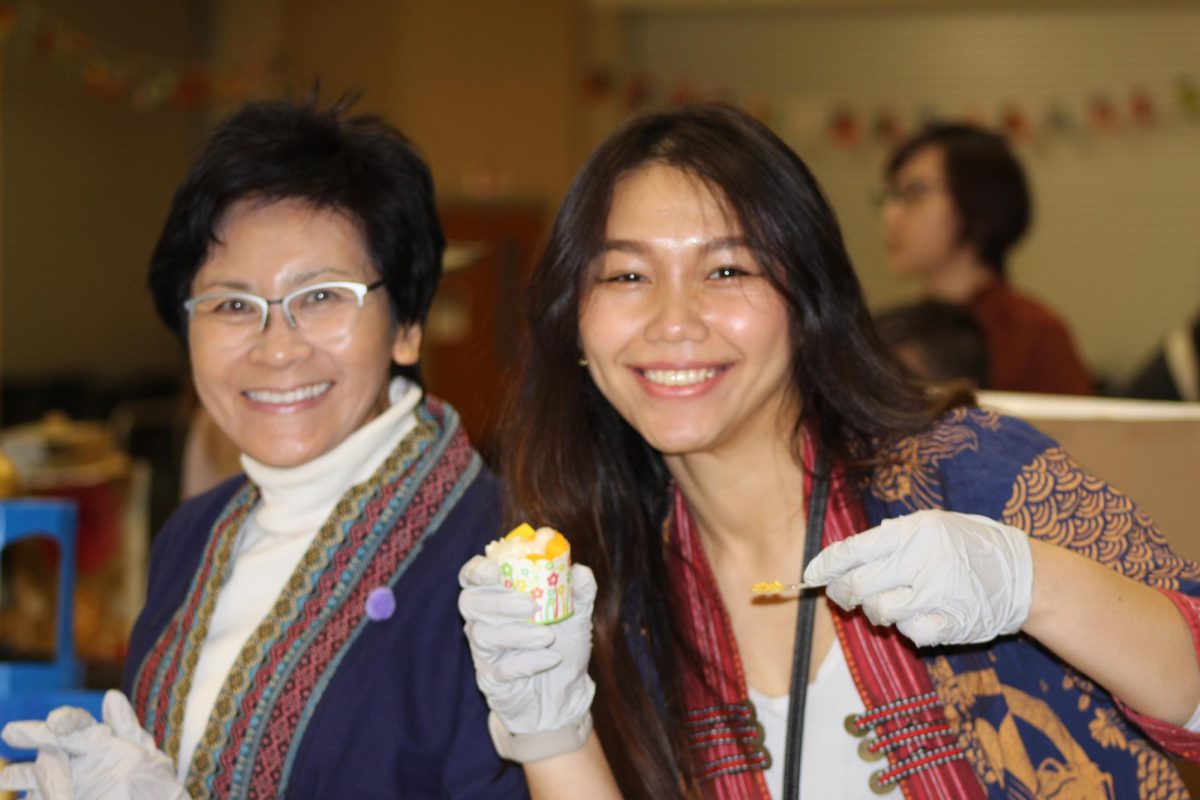
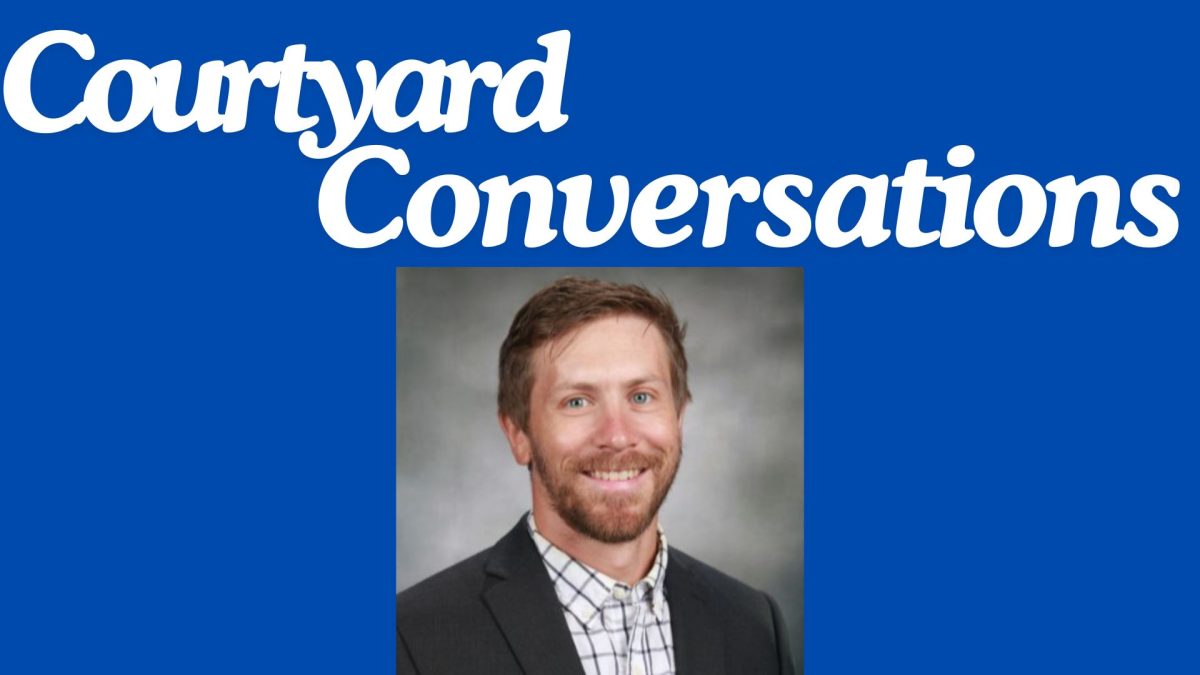
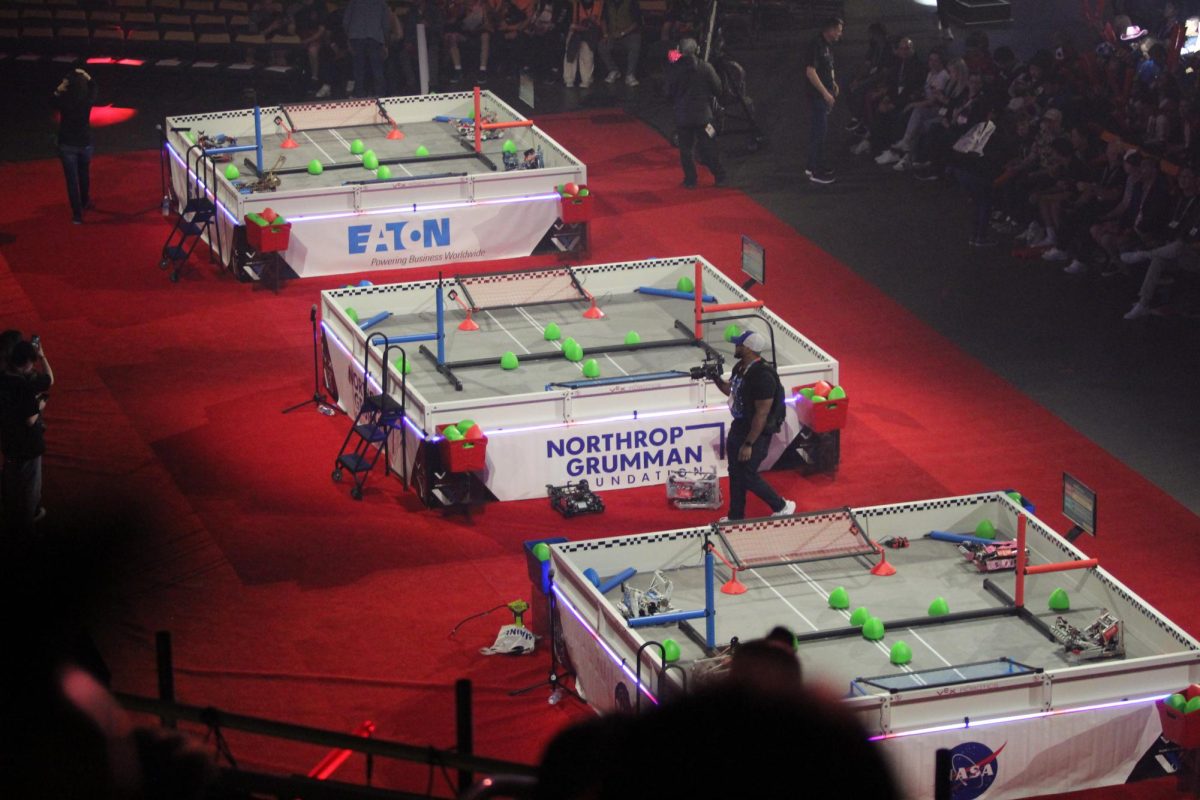


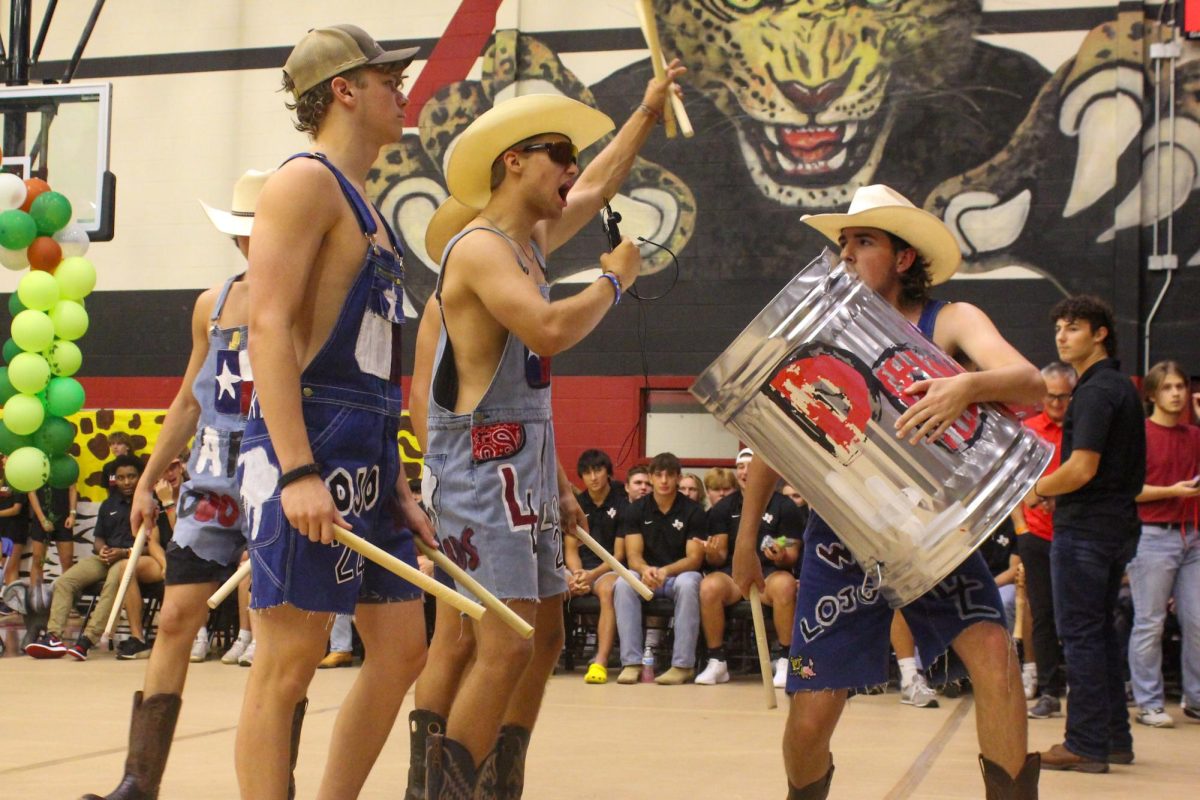




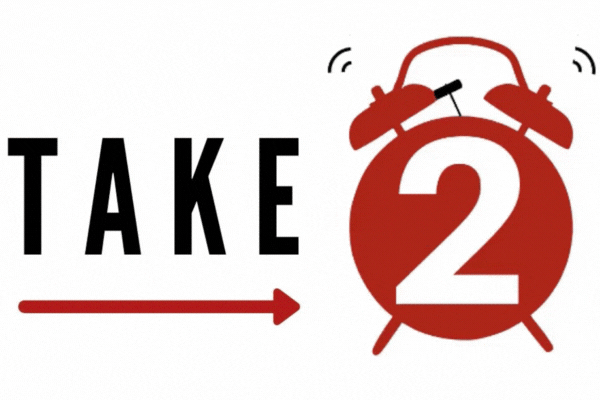
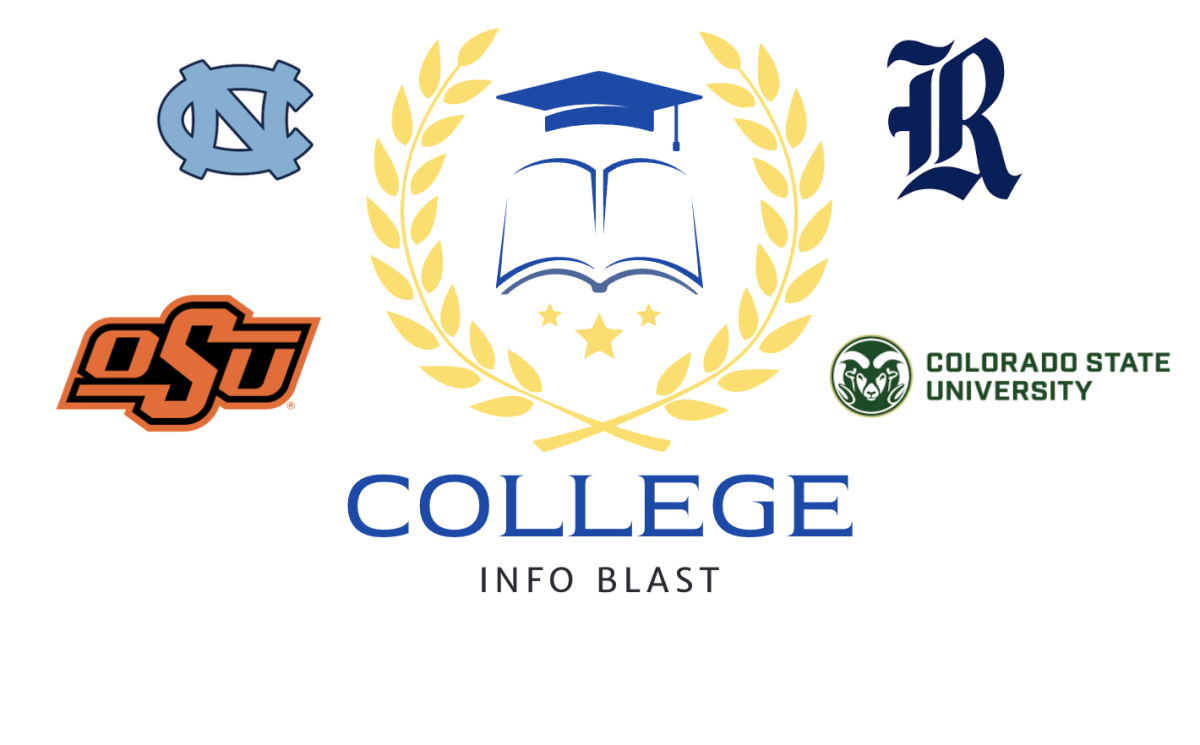






Kathryn Pabst • Feb 3, 2012 at 3:22 pm
The competitive and sometimes perfectionist nature of some students has created a mindset that their value is reflected in a grade and that learning is about getting it fast and right the first time. Most of my students know that the best writing comes from re-writing. So, we re-write a lot. Cheating is a way to save face when you believe you can’t do it. Everyone can do it, but just not at the same time or the first time. As English teachers we have an advantage. It’s hard to cheat on writing which is why I maintain that writing is the best guide for what a student knows. Multiple choice is a guessing game but writing is about what you know and how you think.